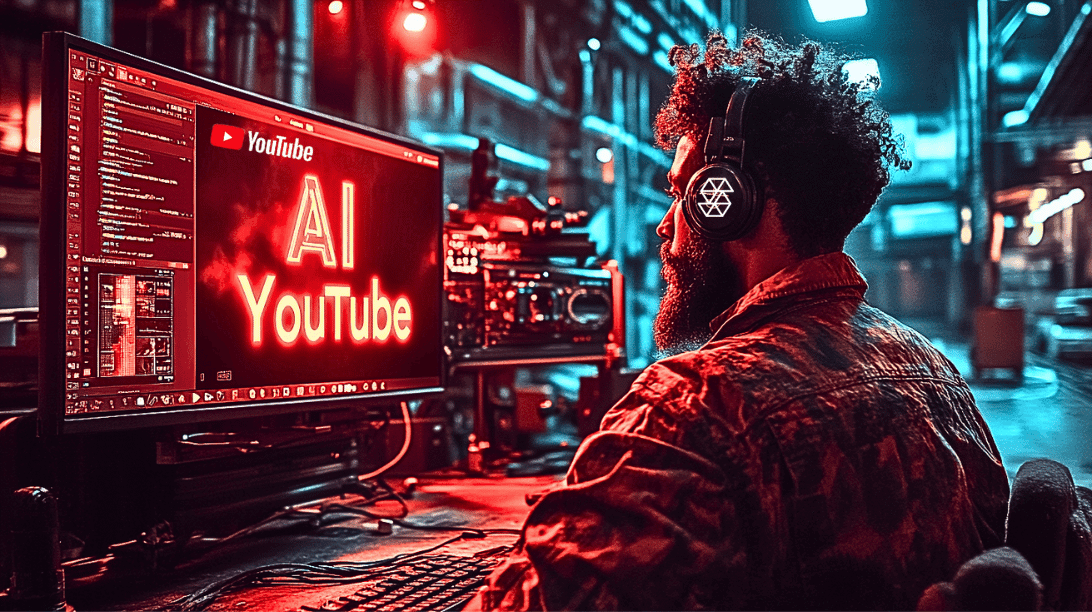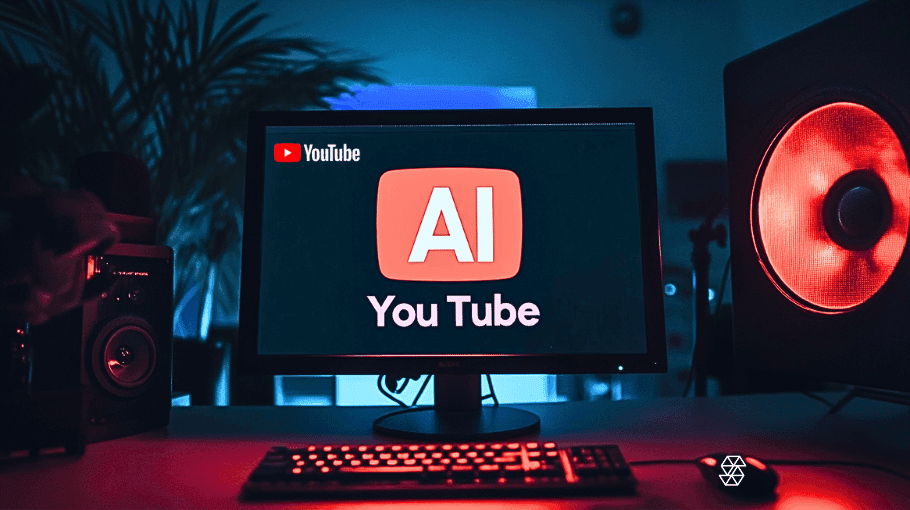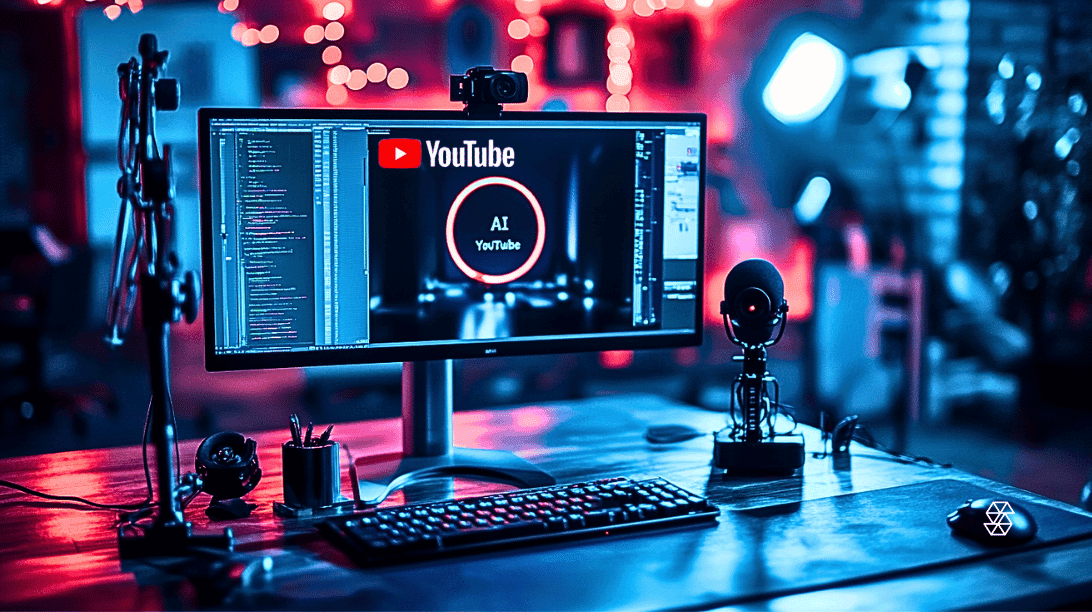Elon Musk vs. OpenAI Could Define AGI and Hurt Microsoft
In a move that the AI community should be paying attention to, Elon Musk has reignited his legal battle against OpenAI, Sam Altman, and Greg Brockman. This is a case that could fundamentally shape the future of artificial intelligence, particularly in defining Artificial General Intelligence (AGI) and its commercialization.
At the heart of this lawsuit lies a question that has long haunted the AI community: What exactly is AGI, and who gets to profit from it? As we dive into the details of this legal drama, we’ll explore how the outcome could redefine the AI landscape and potentially upend one of the most significant partnerships in the tech world – the collaboration between OpenAI and Microsoft.
Background of the Lawsuit
Elon Musk’s relationship with OpenAI has been a rollercoaster ride. As a co-founder in 2015, Musk envisioned OpenAI as a counterweight to potential AI monopolies, emphasizing open-source development and ethical considerations. However, his departure in 2018 marked the beginning of a rift that has now erupted into a full-blown legal battle.
The new federal lawsuit, filed in August 2024, goes beyond Musk’s previous allegations. It accuses OpenAI of violating federal racketeering laws, claiming that Altman and Brockman intentionally misled Musk about the company’s intentions. The suit alleges that OpenAI has betrayed its original mission by prioritizing profit over the public good, particularly through its multi-billion dollar partnership with Microsoft.
Musk’s legal team describes the situation as a “case of betrayal,” arguing that OpenAI’s current practices are antithetical to its founding principles. The lawsuit seeks not just financial compensation but aims to fundamentally challenge OpenAI’s current operational model and its relationship with Microsoft.

The Central Issue: Defining AGI
At the core of this legal battle is the elusive concept of AGI. Unlike narrow AI systems designed for specific tasks, AGI refers to a hypothetical AI system that can understand, learn, and apply its intelligence broadly and flexibly, similar to human intelligence.
The lawsuit brings this theoretical concept into sharp legal focus. Musk’s team argues that OpenAI’s contract with Microsoft specifies that the tech giant would no longer have rights to OpenAI’s technology once AGI is achieved. This puts the court in the unprecedented position of potentially having to legally define AGI – a task that even AI experts struggle to agree on.
Current expert opinions on AGI vary widely. Some believe we’re decades away from achieving it, while others argue that current large language models are already showing signs of general intelligence. The lack of consensus in the scientific community makes the prospect of a legal definition both intriguing and concerning.
The Microsoft Factor
Microsoft’s deep partnership with OpenAI, involving billions in investment, is now under scrutiny. The lawsuit alleges that this partnership violates OpenAI’s original open-source ethos and compromises its mission to develop AGI for the benefit of humanity.
The AGI exclusion clause in OpenAI’s agreement with Microsoft is particularly contentious. This clause supposedly restricts Microsoft’s access to AGI technology once it’s developed. However, the ambiguity in defining AGI makes this clause a potential powder keg.
If the court rules in Musk’s favor and provides a legal definition of AGI, it could have far-reaching consequences for Microsoft. Depending on how AGI is defined, Microsoft could find its substantial investment in OpenAI at risk, potentially losing access to critical AI technologies that it has been integrating into its products and services.
This case doesn’t just pit Musk against OpenAI; it places Microsoft in a precarious position, potentially jeopardizing one of the most significant AI partnerships in recent years. As the lawsuit unfolds, the tech industry watches with bated breath, aware that the outcome could reshape the competitive landscape of AI development and commercialization.
Legal and Ethical Implications
The lawsuit raises profound questions about the intersection of law, ethics, and technology. If the court proceeds to define AGI, it would be setting a precedent with far-reaching implications. This legal definition could influence future AI development, investment, and regulation.
Ethically, the case reopens debates about the commercialization of advanced AI. Musk’s argument that OpenAI has prioritized profit over its original mission touches on a fundamental tension in the AI community: how to balance technological progress with ethical considerations and public benefit.
The court’s involvement in such a technical and philosophical issue also raises questions about the role of the judiciary in shaping technological development. Can and should courts be arbiters of complex scientific concepts like AGI?
Potential Outcomes and Their Impact
Scenario 1: Court Defines AGI and Rules in Musk’s Favor
If the court provides a legal definition of AGI and rules in Musk’s favor, it could dramatically alter the AI landscape. OpenAI might be forced to restructure its operations and partnerships, potentially jeopardizing its relationship with Microsoft. This could lead to a redistribution of AI resources and talent across the industry.
Scenario 2: Case Dismissed or Ruled in OpenAI’s Favor
If the case is dismissed or ruled in OpenAI’s favor, it could reinforce the current trajectory of AI development and commercialization. However, it might also intensify calls for clearer industry-wide definitions and ethical guidelines for AI development.
Regardless of the outcome, the case is likely to prompt increased scrutiny of AI partnerships and the promises made by AI companies to their stakeholders and the public.
The Bottom Line
The Musk vs. OpenAI lawsuit is more than a corporate legal battle; it’s a case that could define the future of AI. By potentially establishing a legal definition of AGI, the court could set a precedent that shapes AI development, investment, and regulation for years to come.
As the case unfolds, it will likely intensify debates about the ethical development of AI, the role of profit in technological advancement, and the need for clear governance structures in emerging technologies.
For the AI community, policymakers, and the public, this case serves as a critical reminder of the complex challenges at the intersection of technology, ethics, and law. It underscores the need for ongoing dialogue and collaboration to ensure that the development of transformative technologies like AGI aligns with broader societal interests.
Regardless of the outcome, this lawsuit marks a significant moment in the evolution of AI. It prompts us to critically examine our approach to developing and governing potentially world-changing technologies. As we await the court’s decision, one thing is clear: the implications of this case will resonate far beyond the courtroom, potentially reshaping the future of artificial intelligence and its role in our society.






